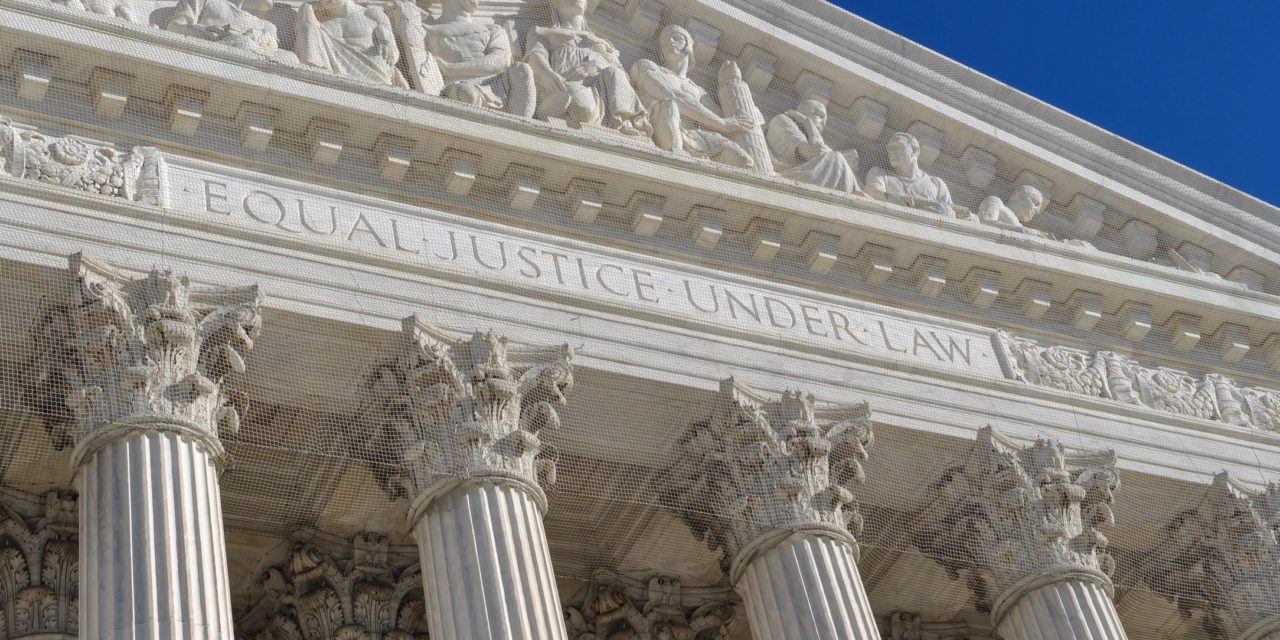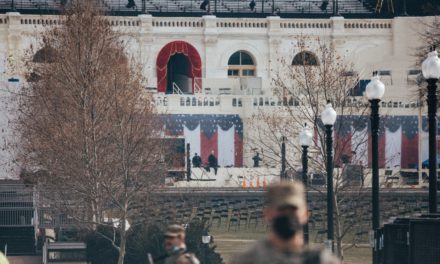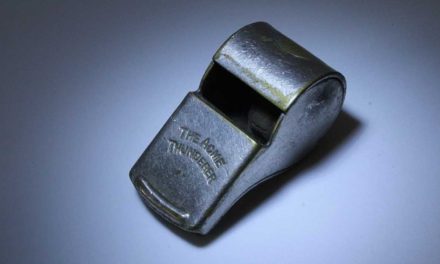Is there a “Class War?” Class conflict comes from the political tension and economic antagonism that exists in all levels of American society. It is the natural consequence of socio-economic competition among social classes. What ethical norms dictate how writers present opposing views, and what are the ethics of writing about the class war?
This blog is prompted by a May 2020 column written by Fareed Zakria[1] in The Washington Post about why partisanship has become so strong in the United States that people will not listen to experts, even at the risk of their own health.[2] His thesis posits a broader distrust detailed in “The New Class War.”[3] He argues that the best way to understand America today is through the lens of class conflict. This thesis begs for a search for ethical norms when writing about political strife, COVID-19, or social power.
Mr. Zakria notes three distinct levels of social power: government, the economy and our culture. He notes the rise of an “overclass” dominating all three levels. Overclass leaders tend to be urban, college-educated professionals, often with post-graduate degrees. He notes, “The overclass is distinct from the rest of the country because only 33% of Americans have a college degree and only 13% have a master’s or more.” From this premise, he observes that “for many non-college-educated people, especially those living in rural areas, there is a deep alienation from this new elite.”
These opinions seem consistent with the widespread reluctance of rural America to accept expert opinions from this credentialed class because it does not “resonate with their lived experience.” And it isn’t just rural America that seems reluctant to follow expert advice. Neither does the White House.
For those who write about class wars, overclass minorities, and resistance from rural America, what ethical norms should apply to their written efforts, explanations, and projections? I agree with Mr. Zakrai. Experts, non-experts, high school graduates and those with master’s degrees should be recognized. Where you live does make a difference in how you think. We should articulate the diversity of geography and the difficulty of giving advice, especially to a national audience. Most important, from an ethical perspective, we should always clarify the difference between an opinion and a fact. Opinions are neither true nor false. Facts must be both true and have a rational basis for acceptance. Both are ethical norms.
Many observers of the political condition see a “class war” in America. Julius Krein [4] is on the conservative side of today’s political wall. He sees the divide as being between the working class and the elite class:
Since at least 2016, the divide between the “working class” and the “elite” has been considered a defining issue in American (and Western) politics. This divide has been defined in occupational terms (“blue collar” versus “information workers”), geographic terms (rural and exurban regions versus major urban cores), and meritocratic terms (non-college-educated versus those with elite credentials). Occasionally, it is given an explicitly moral connotation (“somewheres” versus “anywheres,” “deplorables” versus “cosmopolitans”). All of these glosses effectively track basic economic categories: those who are seen to have enjoyed success in recent decades and those who have been “left behind.” Like most clichés, this one contains elements of truth. The working class has experienced economic stagnation and precarity, and even declining life expectancy in the United States, as well as lower family stability and civic engagement. Social mobility has declined, while inequality has widened.[5]
On the other side of the political wall, USA TODAY does not credit the GOP or President Trump for creating or arming the “class war.” It sees “Donald Trump as a ‘symptom’ of a new kind of class warfare raging at home and abroad. What’s happening in America is an echo of what’s happening in democracies around the world, and it’s not happening because of Trump. . . To understand events around the world today, one must think in terms of the class struggle.” [6]
In the old Soviet Union, the Marxists assured us that once true communism was established under a “dictatorship of the proletariat,” the state would wither away and everyone would be free. In fact, however, the dictatorship of the proletariat turned into a dictatorship of the party hacks, who had no interest whatsoever in seeing their positions or power wither.[7]
But what of the ethics of this kind of writing? What if you are politically independent and consequently neither left nor right of the political wall? Are there ethical norms political pundits should observe? Understandably, there is little guidance on either side of the wall because the core issues are rarely vested in truth, honesty, transparency, accountability, integrity or even the vaunted American Way.
Any effort to test the ethicality of political dialogue must consider that most of what either side says is pure opinion, sometimes clothed in the disguise of truth. What they say can only be judged by how well-founded or appealing the dialogue is to one’s political soul. It’s all about votes. If you have the votes, you can incite or defend the class war anyway you want. You can even minimize it by calling it a class struggle, not a war. That too is a matter of opinion, not truth-telling.
 I am an author and a part-time lawyer with a focus on ethics and professional discipline. I teach creative writing and ethics to law students at Arizona State University. Read my bio.
I am an author and a part-time lawyer with a focus on ethics and professional discipline. I teach creative writing and ethics to law students at Arizona State University. Read my bio.
If you have an important story you want told, you can commission me to write it for you. Learn how.
[1] Fareed Rafiq Zakaria is an American journalist, political scientist, and author. He is the host of CNN’s Fareed Zakaria GPS and writes a weekly paid column for The Washington Post. https://fareedzakaria.com/
[2]https://gvwire.com/2020/05/15/experts-have-jobs-they-need-to-understand-those-who-dont/
[3] The New Class War: Saving Democracy from the Managerial Elite, by Michael Lind. https://www.amazon.com/New-Class-War-Democracy-Managerial/dp/0593083695
[4] Julius Krein (born 1986) is an American conservative political writer and editor best known as the founder of the journal American Affairs. https://en.wikipedia.org/wiki/Julius_Krein
[5] https://americanaffairsjournal.org/2019/11/the-real-class-war/
[6] https://www.usatoday.com/story/opinion/2019/01/15/glenn-reynolds-class-warfare-elites-explains-world-conflicts-trump-column/2569252002/
[7] Ibid.






 I am an author and a part-time lawyer with a focus on ethics and professional discipline. I teach creative writing and ethics to law students at Arizona State University.
I am an author and a part-time lawyer with a focus on ethics and professional discipline. I teach creative writing and ethics to law students at Arizona State University.  My latest novel is Hide & Be.
My latest novel is Hide & Be.  If you have an important story you want told, you can commission me to write it for you.
If you have an important story you want told, you can commission me to write it for you.